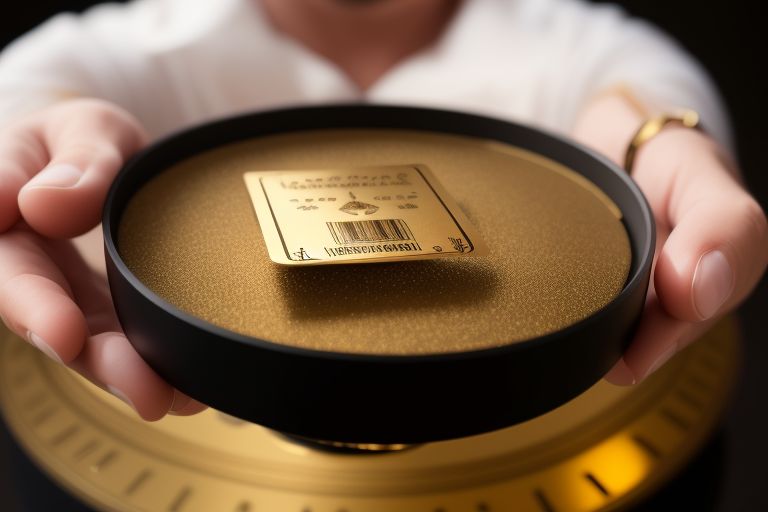- Sen. Warren claims Ticketmaster’s monopoly hurts both artists and venues financially.
- She argues that their practices also leave fans paying more for tickets.
- Warren is calling for stronger regulations to protect everyone in the music industry.
In recent times, we’ve heard a lot of buzz about Ticketmaster and its impact on the entertainment industry. But hold onto your hat, because Sen. Elizabeth Warren is calling out Ticketmaster for practices she claims harm artists, venues, and rob consumers. And boy, does she make some compelling points.
Firstly, you’ve probably noticed how crazy ticket prices have gotten, right? It’s not just you. Artists aren’t getting as much as you’d think, and venues are feeling the squeeze too. Let’s break it down and understand where all the money is going.
Imagine you’re excited to catch your favorite band live. You jump online right when tickets go on sale, but even then, most are pretty pricey. What’s worse, the cheaper tickets vanish in seconds. So, you settle for what’s left—usually a ticket that’s twice as expensive as you’d hoped. That’s the first problem Warren highlights: dynamic pricing.
Dynamic pricing adjusts ticket prices based on demand. While it sounds fair in theory, it often results in artificially inflated prices, because Ticketmaster controls so much of the market. Here’s a practical example: let’s say a concert ticket was originally planned to sell for $50. The moment it goes on sale, demand spikes and you’re looking at $100 or more. It’s like buying airline tickets during holiday season.
Artists and venues aren’t benefiting much from this hike either. Sen. Warren points out that a significant portion of ticket revenue flows right back to Ticketmaster. She cites instances where Ticketmaster potentially pockets up to 30% of the ticket price due to service fees—fees consumers reluctantly pay because there’s no real alternative.
These practices don’t just hurt your wallet—they create a rift between artists and their fans. Smaller venues, which are crucial for up-and-coming artists to build their careers, end up suffering too. Imagine a local indie band that wants to perform but realizes that the high service fees may discourage their audience. They could lose out on potential fans and crucial revenue.
Let’s not forget those dreaded resellers. Scalpers buy tickets in bulk and then resell them at outrageous prices. You’ve seen tickets pop up on secondary markets for two, three, or ten times their original prices. Sen. Warren argues that Ticketmaster’s dominance contributes to this issue because their system is gamed more easily than smaller, more vigilant platforms.
On that note, have you tried booking tickets from smaller platforms? You might have noticed they’re not only more affordable but also less stressful to navigate. Since Ticketmaster dominates nearly all ticket sales for major events, they aren’t incentivized to improve your experience. Unfortunately, this monopoly means fewer options for both fans and artists.
Sen. Warren uses actual data to back up her points. She’s not just talking off-the-cuff here. For example, a 2018 Government Accountability Office report showed that fees tacked onto tickets average 27% of the ticket’s face value—and sometimes can be as much as 37%. If you’ve ever bought a $100 ticket and felt shocked when your final bill was $137, now you know why.
What can you do about it? Warren suggests increasing competition in the ticketing market. Alternative platforms that charge lower fees and are more transparent about costs could ease the burden on both artists and fans. So next time you’re about to buy a ticket, consider looking at those options first.
Additionally, pressure your local officials and representatives to look into these practices. Sen. Warren is pushing for changes at the national level, but local action can amplify those efforts. If enough people speak out, Ticketmaster—and companies like it—will have to take notice.
And if you enjoy concerts as much as the next person, sharing these issues and solutions with friends can make a real impact. Awareness is the first step toward change. Next time you’re chatting about the latest tour announcement or planning to attend a show, bring up these points. Trust me: your friends will be grateful for the heads-up, and they’ll appreciate knowing how to get better deals while supporting artists more directly.
This isn’t just about complaining—it’s about advocating for a fairer system. It’s up to us as consumers to push for transparency and fairness. So next time you’re stuck in a digital queue to buy tickets, remember there’s a bigger picture at play. Your voice matters.
Feel free to share this article with friends or anyone who loves live music as much as you do. The more we talk about it, the greater the chance for change. So go ahead, click that share button, and let’s make the concert-going experience better for everyone.



